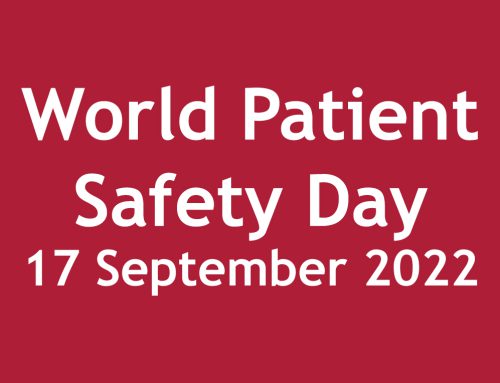Patient Blood Management (PBM) is a very important concept supported by the Blood Services in South Africa to reduce unnecessary transfusions for patients, thereby improving their outcomes and reducing the strain on the blood supply. While blood transfusions can be a life-saving form of treatment, there are definite risks to patients and blood products should be ordered conservatively.
These risks include receiving incompatible blood through a hospital or blood bank error and the subsequent potential life-threatening consequences of a haemolytic transfusion reaction, infections being transmitted from the donor to the patient, and a wide range of unpredictable reactions to blood products, such as allergic or anaphylactic responses, transfusion related acute lung injury (TRALI) or transfusion associated circulatory overload (TACO).
PBM principles are driven by three concepts or patient ‘pillars’ – optimising erythropoiesis, minimising blood loss and bleeding, and harnessing and optimising physiological reserve of anaemia.
Some practical tips with regard to conservative blood product ordering include the following:
- Transfusion decisions should be determined by clinical symptoms and not haemoglobin triggers alone.
- Do not transfuse red blood cell products for iron deficiency anaemia without hemodynamic instability.
- Single unit red cell transfusions should be the standard for non-bleeding patients.
- Re-assess your patient before ordering any additional units of blood.
- Avoid excessive blood sampling – this leads to unnecessary blood loss and transfusions.
The Service aims to keep a five-day stock of blood to adequately meet blood usage requirements in the province. Our blood stocks are reviewed daily and targets adjusted to meet the demand. In the 2021/22 financial year, a total 143 468 usable whole blood donations were collected in the province. The collection targets are revised annually.
For more information about Patient Blood Management, contact Dr Caroline Hilton, Head – Medical Division (caroline@wcbs.org.za)

